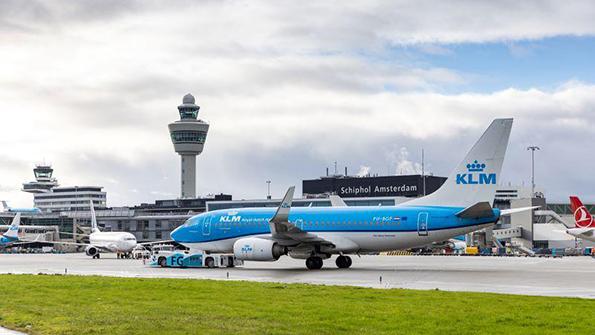
The Dutch government’s unilateral decision to reduce the number of flight movements at Schiphol Airport by 60,000 from November was as egregious as it was unlawful.
The unlawful part, at least for now, has been addressed by a Dutch court that upheld challenges lodged by IATA, KLM and other airlines. The judge ruled that the state had not followed European rules that require a detailed, thorough and consultative process before aircraft movements at an airport can be cut.
That the Dutch government should have even attempted to defy European law and international treaties is shocking. For it to do so to kneecap one of the country’s most highly regarded and important economic engines is almost unthinkable folly.
The Schiphol brand has long ranked with other top global hubs such as Changi and Dubai as a great airport to arrive at and a spectacular one when it comes to spending time or transiting. Schiphol’s efficiency is critical to KLM’s powerful global network. At the worst times of the pandemic, KLM maintained more direct routes than any airline. This connectivity was a lifeline for people, goods and medical supplies.
It is hard to understand how the Dutch government could justify inflicting such harm on an airport and an airline that have done so much for its people over the decades and in recent times of crisis.
A study by the Centre for Economics and Business Research (Cebr) estimates the flight cuts would reduce the value of trade and tourist expenditure in the Netherlands by up to €13.6 billion ($15.1 billion). Cebr also believes almost 600 jobs connected to Schiphol would be lost and points out that in 2019, Schiphol was responsible for over 90% of incoming cargo—a vital supply chain for a small country that cannot be made up elsewhere.
The threat of flight cuts at Schiphol remains very real and is still the stated policy of the government, which says it is necessary to address noise concerns among local residents. But noise mitigation is a long-standing and well-understood challenge associated with large airports close to major cities. There are multiple technology and policy solutions that preserve the huge economic and social benefits that a hub like Schiphol undoubtedly brings while respecting the life quality of those who live nearby.
What is so concerning about how the Dutch government has acted so far is that it appears to have deliberately ignored or bypassed any of those solutions in a bid to impose a policy that would hurt far more than it would help.
The Netherlands should be proud of Schiphol and KLM. It can work with them and the wider air transport industry to achieve its noise mitigation goals without losing a jewel in its air transportation crown.






Comments
"...cuts would reduce the value of trade and tourist expenditure in the Netherlands by up to €13.6 billion ($15.1 billion)." Truly? Over what time frame? Certainly not a year, perhaps a decade (or longer).
The expert ,"believes almost 600 jobs connected to Schiphol would be lost...". Which sounds like one of those numbers which have been made up on the spot.
"In 2019, Schiphol was responsible for over 90% of incoming cargo". Apparently the container port of Rotterdam (tenth largest in the world) only handles 10% of "incoming cargo" for the Netherlands.
The author clearly has an agenda that they wish to promote.